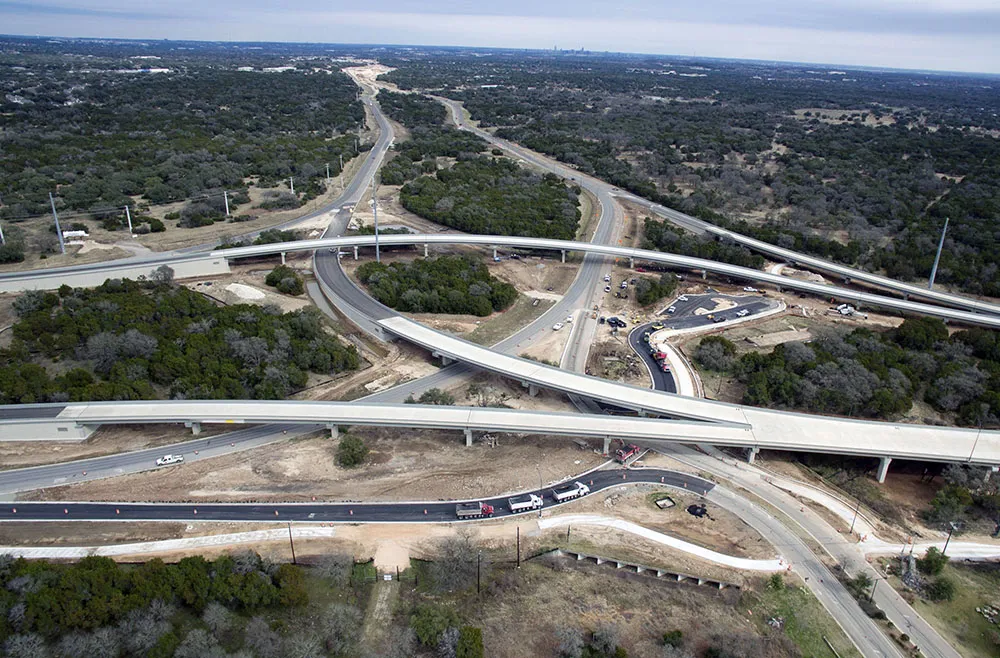A study carried out by German motoring association ADAC reveals that the country’s autobahn highway network needs to be extended and improved. Unless the work is carried out, the country will face severe congestion by 2025, particularly on key routes. The autobahns shown as requiring the most investment and at risk of congestion include the A3 between Würzburg and Nuremberg and the A5 between Frankfurt and Karlsruhe. The area around Dortmund, Dusseldorf and Cologne is also a notorious blackspot for congesti
November 16, 2012
Read time: 2 mins
A study carried out by German motoring association 864 ADAC reveals that the country’s autobahn highway network needs to be extended and improved. Unless the work is carried out, the country will face severe congestion by 2025, particularly on key routes. The autobahns shown as requiring the most investment and at risk of congestion include the A3 between Würzburg and Nuremberg and the A5 between Frankfurt and Karlsruhe. The area around Dortmund, Dusseldorf and Cologne is also a notorious blackspot for congestion at peak periods.
ADAC has also suggested that between 2010 and 2025 the proportion of autobahns rated as good and very good will decline from 44% to 40%, while that of autobahns rated insufficient will go up from 12% to 15%. The German Ministry of Transport has said that its budget will be raised by €750 million in 2013. The one-time increase is to permit investments that are either necessary or helpful for promoting growth. The focus will be on roads and waterways. The ministry had called for a €1 billion increase in the budget however.
ADAC has also suggested that between 2010 and 2025 the proportion of autobahns rated as good and very good will decline from 44% to 40%, while that of autobahns rated insufficient will go up from 12% to 15%. The German Ministry of Transport has said that its budget will be raised by €750 million in 2013. The one-time increase is to permit investments that are either necessary or helpful for promoting growth. The focus will be on roads and waterways. The ministry had called for a €1 billion increase in the budget however.








